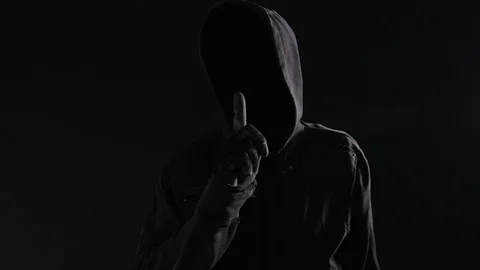this post was submitted on 24 Jun 2024
437 points (98.0% liked)
Asklemmy
43810 readers
1 users here now
A loosely moderated place to ask open-ended questions
If your post meets the following criteria, it's welcome here!
- Open-ended question
- Not offensive: at this point, we do not have the bandwidth to moderate overtly political discussions. Assume best intent and be excellent to each other.
- Not regarding using or support for Lemmy: context, see the list of support communities and tools for finding communities below
- Not ad nauseam inducing: please make sure it is a question that would be new to most members
- An actual topic of discussion
Looking for support?
Looking for a community?
- Lemmyverse: community search
- sub.rehab: maps old subreddits to fediverse options, marks official as such
- !lemmy411@lemmy.ca: a community for finding communities
~Icon~ ~by~ ~@Double_A@discuss.tchncs.de~
founded 6 years ago
MODERATORS
you are viewing a single comment's thread
view the rest of the comments
view the rest of the comments

IT, more specifically user support.
Let's talk passwords. You should have a different password for every site and service, over 16 character long, without any words, or common misspellings, using capital, lowercase, number and special characters throughout. MyPassword1! is terrible. Q#$bnks)lPoVzz7e? is better. Good luck remembering them all, also change them all every 30 days, so here are my secrets.
1: write your password down somewhere, and obfuscate it. If an attacker has physical access to your desk, your password probably isn't going to help much. 2: We honestly don't expect you to follow those passwords rules. I suggest breaking your passwords down into 3 security zones. First zone, bullshit accounts. Go ahead and share this one. Use it for everything that does not have access to your money or PII (Personally Identifiable Information). Second zone, secure accounts, use this password for your money and PII accounts, only use it on trusted sites.Third, reset accounts. Any account that can reset and unlock your other accounts should have a very strong and unique password, and 2FA.
Big industry secret, your passwords can get scraped pretty easily today, 2FA is the barest level of actual security you can get. Set it up. I know it's a pain, but it's really all we've got right now.
Yeah, no. Computers don't care if a password is complex or not. It can't read "words". That complexity stuff was introduced because humans think like humans, and wanted to force people to use words not easily found in a dictionary. Security is about password length, so +@#£h&1g/?!:h&£( is equally as vulnerable to a brute force attack as abcdefgh1234567 because of how modern encryption works, it I length that counts.
It is good advice to use a formula to build memorable passwords. I like a simple sentence you can type them without thinking about, as this also won't appear in a dictionary (avoid famous movie quotes, use something meaningful to you).
Fact is complex passwords created a new security risk; the written down password. Also, frequent forced password changes made it worse. Most businesses only ask staff to change passwords every 3 to 6 months these days. And web sites.never asks you to change your password.
The dirty (not so secret) secret is that, the biggest risk to security is not how complex your password is, but how easy it is to trick people into just giving away access to their accounts.
These days MFA is what makes logon credentials safer and passkeys are slowly proving that passwords themselves are not worth it for most systems.
tl;dr - complex passwords are a throwback and not better than long memorable ones like 1Verycrappycode!